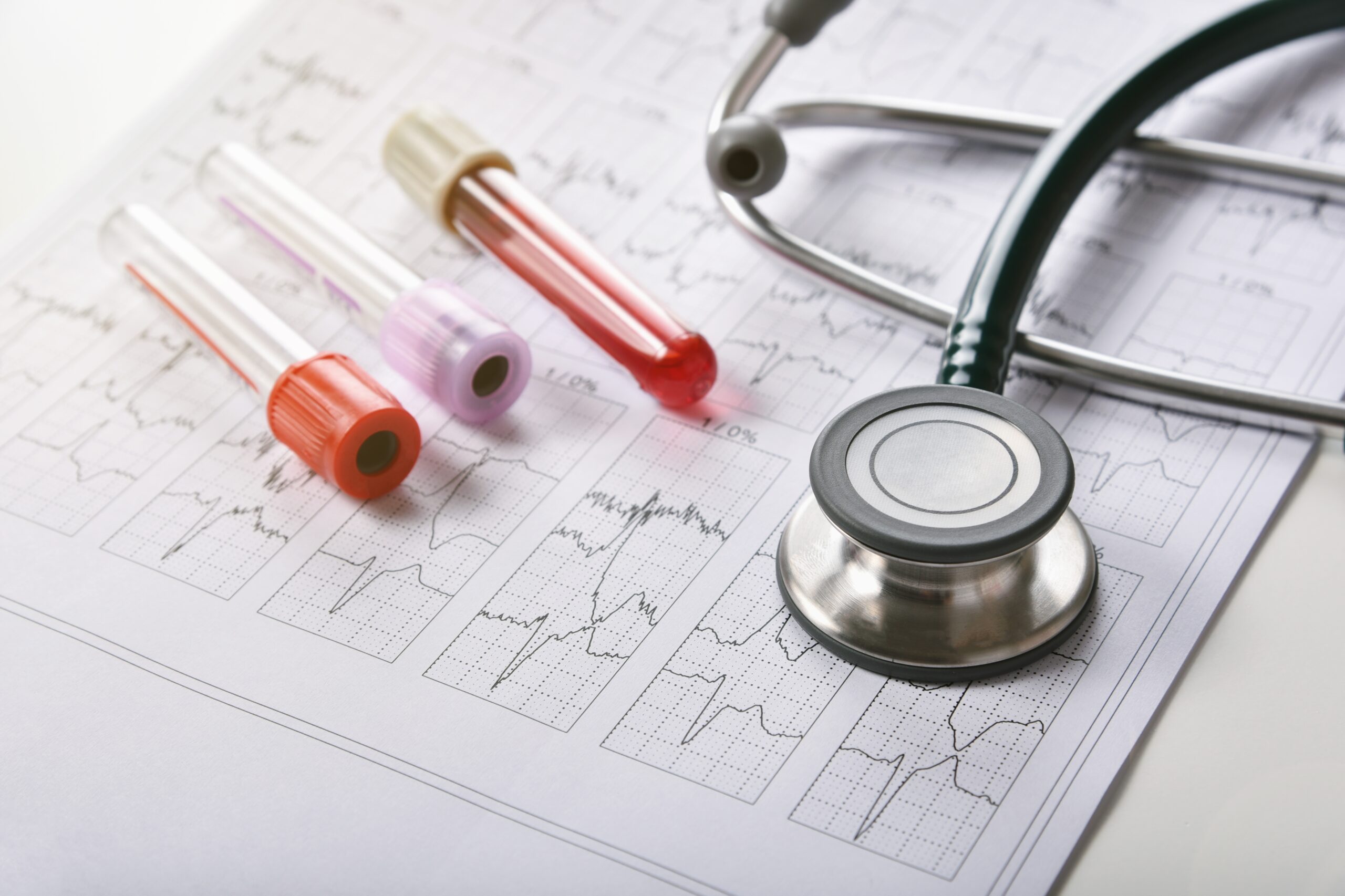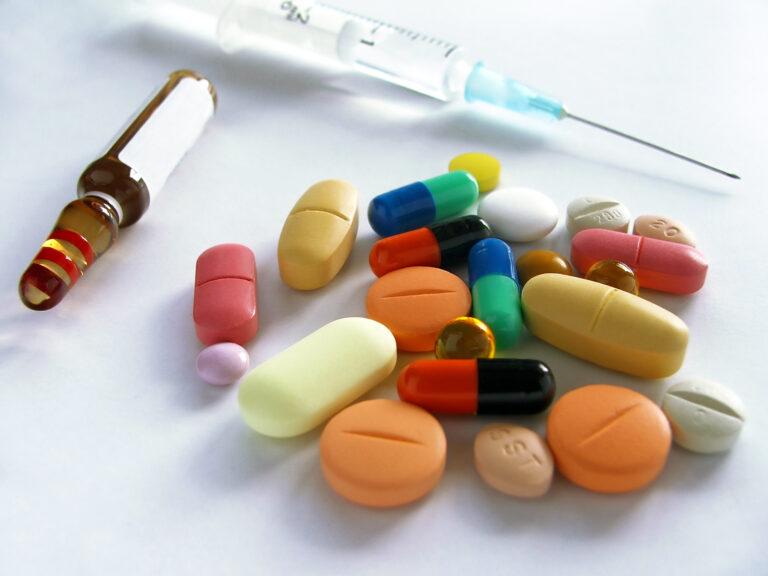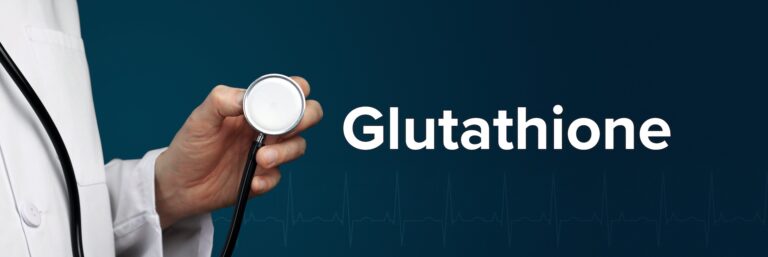Orlando, Florida, home to iconic tourist attractions and a bustling local community, also hosts an extensive network of medical facilities, including numerous blood testing centers. These centers are integral to the city’s healthcare system, providing crucial services that enable the detection, diagnosis, and monitoring of a wide range of health conditions. This article delves into the landscape of blood testing centers in Orlando, from the city’s leading hospitals to independent laboratories, and even the growing trend of home-based services. We will examine their services, accreditations, and what makes them stand out in their field. Join us as we explore the critical role these establishments play in supporting the health and well-being of Orlando’s residents.
The IV Lounge Blood Testing Centers
The IV Lounge takes a comprehensive approach to health and wellness, offering not only a range of blood testing services but also wellness services like anti-aging treatments and IV therapy. With a strong focus on personalized care, The IV Lounge integrates diagnostic testing with therapeutic services to support overall well-being. Their services are designed to help you understand your health better and assist you in maintaining optimal wellness. Here are some of their locations in and around Orlando:
Lake Nona
6982 Lake Nona Blvd, Ste 108, Orlando, FL 32827
(877) 420-0052
(689) 240-2300
Winter Park
415 N Orlando Ave Suite 103 Winter Park, FL 32789
(877) 420-0052
(321) 300-7301
Clermont
3725 S Hwy 27 Clermont, FL 34711
(877) 420-0052
(352) 995-6700
Celebration
660 Celebration Ave Ste 110, Celebration, FL 34747
(877) 420-0052
(321) 247-7637
Dr. Phillips
8690 Point Cypress Dr suite 210, Orlando, FL 32836
(877) 420-0052
(407) 545-3500
See blood tests offered here
Quest Diagnostics Testing Centers
Quest Diagnostics is a renowned name in the field of diagnostic testing services, with numerous locations throughout Orlando. These centers offer a wide array of blood tests, from standard panels like CBC and lipid profiles to specialized tests such as those for specific diseases. Here are some of their locations in and around Orlando:
1700 Lucerne Ter, Orlando, FL
1430 N Mills Ave, Orlando, FL
1900 N Mills Ave, Orlando, FL.
2111 Glenwood Dr, Winter Park
1603 S Hiawassee Rd, Orlando
7780 Lake Underhill Rd, Orlando
745 Orienta Ave, Altamonte Springs
10131 W Colonial Dr, Ocoee
10043 University Blvd, Orlando
Lab Corp Blood Testing Centers
Labcorp is another key player in diagnostic testing, including a variety of blood tests. Their services are comprehensive, offering both routine and specialized testing. Labcorp centers are conveniently located across Orlando, making it easy for patients to access their services. Here are some Labcorp locations in Orlando:
4401 S. Orange Ave Suite 110, Orlando, FL
5425 S. Semoran Blvd, Orlando, FL
2420 E Colonial Dr, Orlando, FL
10425 Narcoossee Rd, Orlando, FL
7300 Sand Lake Commons Blvd STE 205, Orlando, FL
6535 Nemours Pkwy, Orlando, FL
Labcorp Locations:
4401 S. Orange Ave Suite 110, Orlando, FL
5425 S. Semoran Blvd, Orlando, FL
2420 E Colonial Dr, Orlando, FL
10425 Narcoossee Rd, Orlando, FL
7300 Sand Lake Commons Blvd STE 205, Orlando, FL
6535 Nemours Pkwy, Orlando, FL
How to Pick the Right One
When it comes to identifying a good blood testing center, several factors can be considered to ensure high-quality, reliable, and efficient service. Here are some of the main attributes that contribute to a top-notch blood testing center:
Accreditation
Accreditation is a formal recognition that a testing center meets specific standards set by an authoritative body. In the United States, Clinical Laboratory Improvement Amendments (CLIA) certification is required. Internationally recognized accreditation includes the ISO 15189 standard specifically for medical laboratories. Accreditation ensures that the laboratory adheres to rigorous quality control standards.
Quality of Equipment and Technological Advancements
A good blood testing center uses up-to-date, well-maintained equipment. It should also be at the forefront of adopting new technologies, which can lead to more accurate testing and efficient processing.
Trained Staff
The staff should have proper medical qualifications and training in phlebotomy—the practice of drawing blood. Their ability to perform the procedure efficiently and with minimal discomfort is crucial. Additionally, they should be skilled in handling and processing the samples to avoid any contamination or degradation that could affect the test results.
Timeliness of Results
A good blood testing center should provide test results promptly. This is especially important in time-sensitive situations where treatment decisions may hinge on the results of these tests.
Clear Communication
The center should provide clear communication about the procedure, what to expect, and any necessary preparation. After the test, they should deliver results in a clear and understandable format. If the center also offers consultation services for understanding the results, that’s a significant plus.
Customer Service
Staff should be friendly, patient, and ready to answer any queries. This includes both the medical professionals conducting the testing and the administrative staff handling appointments, billing, and other customer interactions.
Confidentiality
A good testing center should have stringent measures in place to maintain the confidentiality of your medical records. This is not just a legal requirement, but also a cornerstone of good patient care.
Price Transparency
While patients often don’t have a choice in where their testing is performed if they’re at a hospital or clinic, for those who do, cost can be a significant factor. A good center should be transparent about their pricing, and ideally, offer competitive rates.
Convenience
Factors such as easy appointment scheduling, convenient location, and minimal waiting times all contribute to a blood testing center’s appeal. In recent years, the availability of home-service where the phlebotomist comes to your location for sample collection has added a new dimension of convenience.
Types of Blood Tests
Blood tests are an essential part of modern healthcare, providing vital information about a patient’s health. They can help identify a wide range of conditions, from simple nutritional deficiencies to serious diseases like cancer or HIV. In this article, we delve into several types of blood tests and their purposes, providing insight into the vast array of information these tests can yield.
Complete Blood Count (CBC)
One of the most common blood tests is the Complete Blood Count (CBC). This test evaluates the three types of cells in the blood: red blood cells, white blood cells, and platelets. The CBC can reveal a broad spectrum of health information. For example, it can detect anemia (a condition marked by a lack of red blood cells), infections (which often increase the number of white blood cells), blood clotting issues, and even certain cancers.
Blood Chemistry Tests / Basic Metabolic Panel (BMP)
The Basic Metabolic Panel (BMP) measures different chemicals in the blood. These include blood glucose (sugar), electrolytes such as sodium and potassium, and calcium. The BMP gives an overview of your metabolic health, assessing the function of your kidneys and other organs, and can also identify potential risks for diseases like diabetes and kidney disease.
Lipid Panel
A lipid panel is a blood test that evaluates fats and fatty substances in your body, which can help assess your risk for heart disease. This test measures different types of cholesterol, including high-density lipoprotein (HDL or “good” cholesterol), low-density lipoprotein (LDL or “bad” cholesterol), and triglycerides. Abnormal lipid panel results can indicate a higher risk of developing atherosclerosis, a condition that can lead to heart attacks and strokes.
Liver Panel
A liver panel consists of tests that assess the health and function of the liver. This panel measures liver enzymes, proteins, and substances that can be affected by liver health. Abnormal results can indicate liver diseases, such as hepatitis or cirrhosis, and other medical conditions.
Thyroid Panel
A thyroid panel is a group of tests that evaluate the function of your thyroid, a gland in your neck that regulates metabolism. These tests typically measure the levels of thyroid-stimulating hormone (TSH), and hormones T3 and T4. Abnormal results can indicate conditions such as hyperthyroidism (overactive thyroid) or hypothyroidism (underactive thyroid).
Hemoglobin A1C
The hemoglobin A1C test measures your average blood sugar level over the past 2-3 months, making it a valuable tool for diagnosing and monitoring diabetes. A high A1C level can indicate poor blood sugar control, which increases the risk of complications related to diabetes.
Blood Clotting Tests
Blood clotting tests, also known as coagulation panels, are essential for diagnosing disorders related to blood clotting. These tests measure how long it takes for your blood to clot and can help identify conditions such as hemophilia or deep vein thrombosis.
Sexually Transmitted Disease (STD) Tests
Blood tests are also used to diagnose various sexually transmitted diseases (STDs). These include HIV, syphilis, hepatitis B and C, and herpes. Timely diagnosis of STDs is essential for effective treatment and preventing transmission to others.
Specialized Tests
There are numerous specialized blood tests used to diagnose and monitor specific conditions. These include tests for infectious diseases (like HIV or hepatitis), genetic tests to identify inherited disorders, tumor markers to help diagnose cancer, and many others.
Get What You Need
Blood tests offer a wealth of information about our health. They play a crucial role in preventive medicine, disease diagnosis, and monitoring treatment effectiveness. By understanding the different types of blood tests, we can better comprehend our health and make informed decisions about our medical care. Whether you’re undergoing a routine check-up or facing a specific health concern, blood tests provide valuable insight that helps guide the path to wellness.












